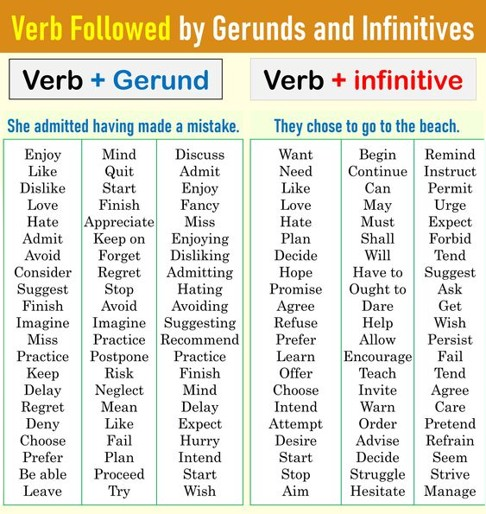To see your face is like seeing the face of God. Genesis 33 :10)
Build sentences in the order of 5W1H

There are two ways to use verbs as nouns. One is by turning them into gerunds, and the other is by using the to-infinitive form. This phenomenon may exist because, in a sentence, only one verb can exist in its original form, necessitating the transformation of other verbs into different forms.
As discussed previously, “seeing the face of God” is a gerund, and “to see your face” is a to-infinitive.
Having transformed into nouns through the use of gerunds and infinitives, they can perform all the functions that a noun can. However, as the term “to infinitive” suggests, it is an undefined, shadow-like existence. Sometimes it acts like a noun and often performs the roles of adjectives and adverbs as well.
Noun Subjects and Complements: “To go through the eye of a needle is easier than to enter the kingdom of God.” (Matthew 19:24)
Adjective: “Why did you bring us up out of Egypt to this terrible place? It has no grain or figs, grapevines or pomegranates. And there is no water to drink!” (Numbers 20:5)
Adverb: “Everyone should be quick to listen, slow to speak and slow to become angry.” (James 1:19)
Another point to note is that there is a difference in nuance when gerunds and infinitives are used as nouns. Firstly, gerunds are perceived as general nouns, but nouns disguised as infinitives carry a somewhat abstract feeling. Secondly, gerunds feel like they refer to actions in the present or past, while infinitives carry a nuance of future actions. Therefore, there’s a preference for using either gerunds or infinitives as objects depending on the verb.

In summary:
- Gerund: Acts like a noun. Hence, it can be a subject, object, or complement.
- To-infinitive: More versatile than gerunds, performing functions of not only nouns but also adjectives and adverbs.
- Both gerunds and to-infinitives can act as subjects, but to-infinitives carry a more abstract feeling.
- Both gerunds and to-infinitives can be objects, but to-infinitives have a nuance of future action while gerunds suggest ongoing or past actions.
Let’s now examine gerunds and infinitives as objects, categorized by verb type.
Plan to type:
Verbs in the plan category are typically used to express something future-oriented. If it implies ‘to do something in the future,’ it belongs to this category, encompassing meanings of promise, agreement, and refusal. For example, Refuse means to reject doing something in the future, and Decide means to determine something to do in the future.
Verbs like ask, agree, choose, decide, demand, deserve, determine, expect, mean, offer, plan, prepare, pretend, promise, refuse, request, swear, tend, wish = hope = long.
“I plan to do so when I go to Spain. I hope to visit you while passing through and to have you assist me on my journey there, after I have enjoyed your company for a while.” (Romans 15:24)

Finish -ing type:
Conversely, some verbs only take gerunds as objects. These are typically used to express something oriented towards the past, thus including meanings of permission and conclusion about decided matters, and are necessary for expressing actions that have been ongoing from the past until now. For instance, Finish means ‘to end something that was being done.’
Verbs like acknowledge, admit, allow, anticipate, appreciate, consider, deny, enjoy, finish, give up, help, forgive, imagine, keep, mind, stop.
“As soon as he finished saying all this, the ground under them split apart.” (Numbers 16:31)
“Then Saul will give up searching for me anywhere in Israel.” (1 Samuel 27:1)
Using a gerund here naturally fits the past-oriented context, as it denotes giving up on an ongoing search.

답글 남기기